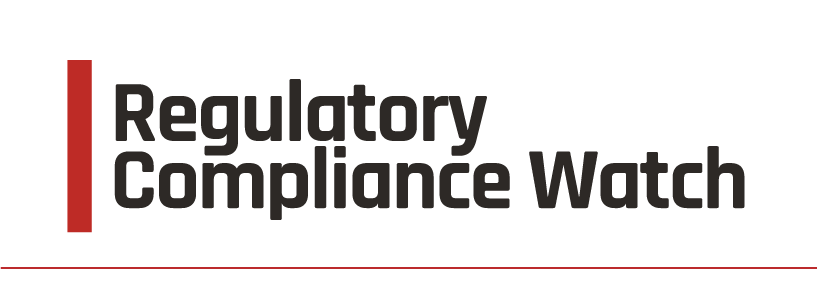FINRA continues to advance enhancements to its risk-based exam program with a view toward being more data driven and automated. “This data driven approach allows us to better identify and prioritize the underlying risks associated with a firm’s business model, and gain an understanding of the controls designed to manage those related risk exposures,” said FINRA Executive Vice President, Regulatory Operations Susan Axelrod before a recent SIFMA Complex Products Forum.
Chief among the SROs latest efforts is its proposed Comprehensive Automated Risk Data System. CARDS—which has garnered its fair share of industry criticism (IA Watch, Oct. 22, 2014)—has been hailed by the SRO as “the next step in the evolution of FINRA’s risk-based regulatory programs.”
Axelrod’s address called out the benefits of CARDS and sought to counteract the negative industry buzz. She even stated CARDS can help broker-dealers manage compliance by facilitating “timely conversations” with firms about issues it’s seeing thanks to CARDS.
Quick trend identification
FINRA believes the collection of information in a standardized format across all firms as afforded by CARDS will allow it to “more quickly identify trends and product concentrations that are harmful to investors,” said Axelrod.
The SRO would use the data collected via CARDS to track the product mix across firms and in branches of each firm. Changes to that mix would be monitored. Axelrod noted that CARDS also will help FINRA continually monitor “where firms consistently sell products that present higher risk to customers and, when compared to risk tolerance profiles, appear to be unsuitable for those customers.”
Fewer sweeps?
An interesting byproduct of CARDS could be FINRA minimizing employing wide-ranging sweep letters. Axelrod believes FINRA would not need to take this interim step as the data they would be seeking via a sweep likely would already be available through CARDS. “Simply put, CARDS enables a more nimble, more focused and less arduous exam process and vastly improves the speed with which we can quickly intervene to protect investors,” said Axelrod.
She foresees CARDS allowing FINRA to better home in on a number of “problem areas,” including pump-and-dump schemes, suitability, churning, mutual fund switching and concentrations of high-risk securities. Another perceived benefit: a greater understanding of where a firm is taking on too much market risk in its proprietary trading and the identification of potentially suspicious activity in accounts that may call into question the veracity of a firm’s AML program.
Axelrod admitted CARDS is a work in progress. “We want to be sure we get this right,” she said. Axelrod encouraged industry comments on CARDS by the December deadline.
Tell IAWatch your reaction to this story

